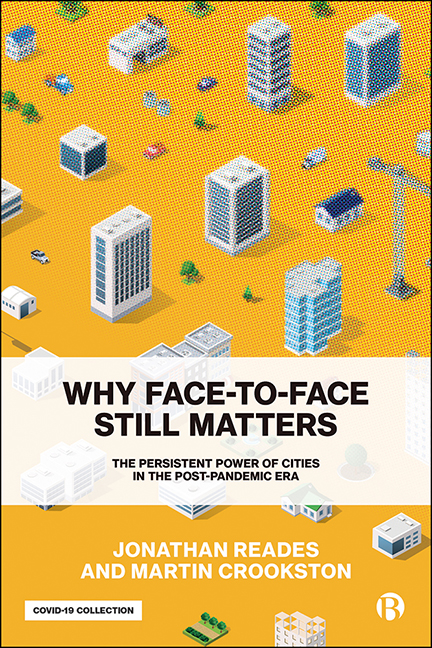4 - Doing Deals
Published online by Cambridge University Press: 04 January 2022
Summary
We cannot … regard the conditions of supply by an individual producer as typical of those which govern the general supply in a market. … Thus the history of the individual firm cannot be made into the history of an industry any more than the history of an individual man can be made into the history of mankind.
Alfred Marshall, Principles of Economics, 1890The art of the deal?
This chapter turns the focus to transactions: the where and who of ‘doing deals’, and how they shape choices about which locations are more or less desirable for a new office, shop or plant. Donald Trump (or his ghost-writer) said: ‘I don't do it for the money … I do it to do it. Deals are my art form. Other people paint beautifully on canvas or write wonderful poetry. I like making deals, preferably big deals. That's how I get my kicks.’
Well, it's a bit more complex than that. We unpick the costs of those choices and how a deal is shaped by how much a business's transactions are standardized or one-offs, and what this imposes in terms of search costs around each transaction. We home in on the fact that even though ICT is shifting the boundaries of these choices, face-to-face interactions can still make or break a deal. If you are regularly ‘betting the firm’ – especially in fast-moving, highly unpredictable industries – then the informational advantages that you gain from being in central places and being able to meet a wide range of collaborators and competitors can outweigh the obvious costs of, for instance, city-centre congestion.
Businesses do not, of course, experience markets or engage in transactions in quite the same way as a household, and this chapter helps us to get to grips with what this means for how companies organize themselves across space and what that might mean for cities. We think that adding a focus on transactions to what we covered about markets in the preceding chapter helps to explain why firms in some sectors continue to cluster together in a few square miles even though there are obvious advantages to moving to smaller, less congested towns with cheaper labour.
- Type
- Chapter
- Information
- Why Face-to-Face Still MattersThe Persistent Power of Cities in the Post-Pandemic Era, pp. 65 - 90Publisher: Bristol University PressPrint publication year: 2021



